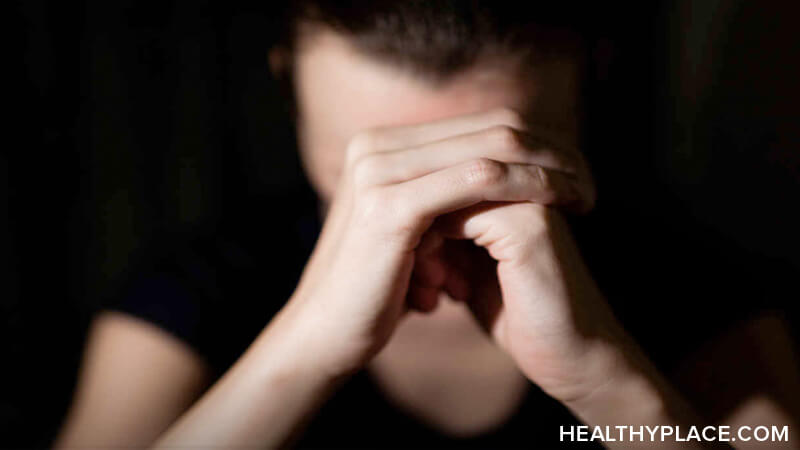Dealing with PTSD from Abuse: What Helps?

Dealing with posttraumatic stress disorder (PTSD) from abuse is no easy task. That’s because abuse breaks down trust in oneself and others, and can often leave a person feeling as if the abuse is his or her fault. This makes coping with PTSD from abuse and trying to recover from it even more challenging for the person living with it.
What Does PTSD from Abuse Look Like?
PTSD from domestic violence, emotional abuse or childhood abuse occurs more than we once thought. When a person has PTSD from abuse, PTSD symptoms can be triggered by things similar to what the person experienced during the time of abuse. For instance, someone may re-experience the trauma or react very badly to any sort of yelling or loud noises if these were used as tools by the abuser. Like others with PTSD, those who have PTSD as a result of abuse are subject to experiencing flashbacks, withdrawal, and other symptoms of PTSD.
Abuse can happen to anyone at any age and is never the victim’s fault. When present, removing that sense of self-blame is a part of the healing process. In fact, physical and emotional abuse often co-occur and are used by the abuser to create control. This can result in those feelings of self-blame and low self-worth for the one abused.
If you’re reading this on behalf of yourself, take a look at the tips below to navigate and deal with PTSD from abuse. If you’re intending to help a child or loved one dealing with abuse, these are tips you can introduce to them as well.
5 Tips for Coping with PTSD from Abuse
- Join support groups. In-person support groups help domestic abuse sufferers by connecting them with those who have been through similar experiences. They can help remove the sense of isolation that PTSD and abuse can both cause. In addition, hearing tips from others can facilitate the coping and healing process. If going to an in-person support group feels like too much, perhaps because of a lack of trust in others or yourself, start with online support groups. These will still provide that sense of connection from the comfort of your own home.
- Make use of mental health and abuse hotlines. Abuse and mental health helplines are a great resource for when you need someone to speak with. Trained personnel on the other end of that phone call can talk you through what you’re experiencing and even help you plan for your next move if needed.
- Journal. Whether written or digital, journaling provides an outlet to express what you’re going through. It can help you manage the fears, feelings, or memories associated with your trauma. You can use journaling prompts for mental health if you’re not sure where to start.
- Read PTSD self-help books and books from abuse survivors. Learning about PTSD and what your experiencing can help you better cope. Self-help books in particular offer guidance to process what you’re going through. Books from other abuse survivors can alleviate the sense of isolation and give you a sense of life beyond the abuse and accompanying PTSD.
- Use therapy to rebuild skills lost as a result of abuse. Whether it’s talk therapy or some other type of therapy, PTSD treatment can help you rebuild skills you may have lost during abuse, such as communication and interpersonal skills. Skills such as these are important in learning to move beyond abuse, relearning to trust yourself and others, and to cope with PTSD symptoms. You can find where to get treatment by consulting your doctor or local mental health centers in your area.
Will These PTSD - Abuse Coping Tips Really Help Me?
Finding exactly which tips work for you will be a process, as will healing. Even if something doesn’t feel like it’s helping at first, try it for a period of time and you may be surprised. Because of the abuse, there is probably already that sense of distrust for many things, so even learning to trust the healing process may take time. However, it is possible to move forward and dealing with PTSD from abuse can become easier.
APA Reference
Barton, L.
(2021, December 23). Dealing with PTSD from Abuse: What Helps?, HealthyPlace. Retrieved
on 2026, March 3 from https://www.healthyplace.com/self-help/ptsd/dealing-with-ptsd-from-abuse-what-helps



